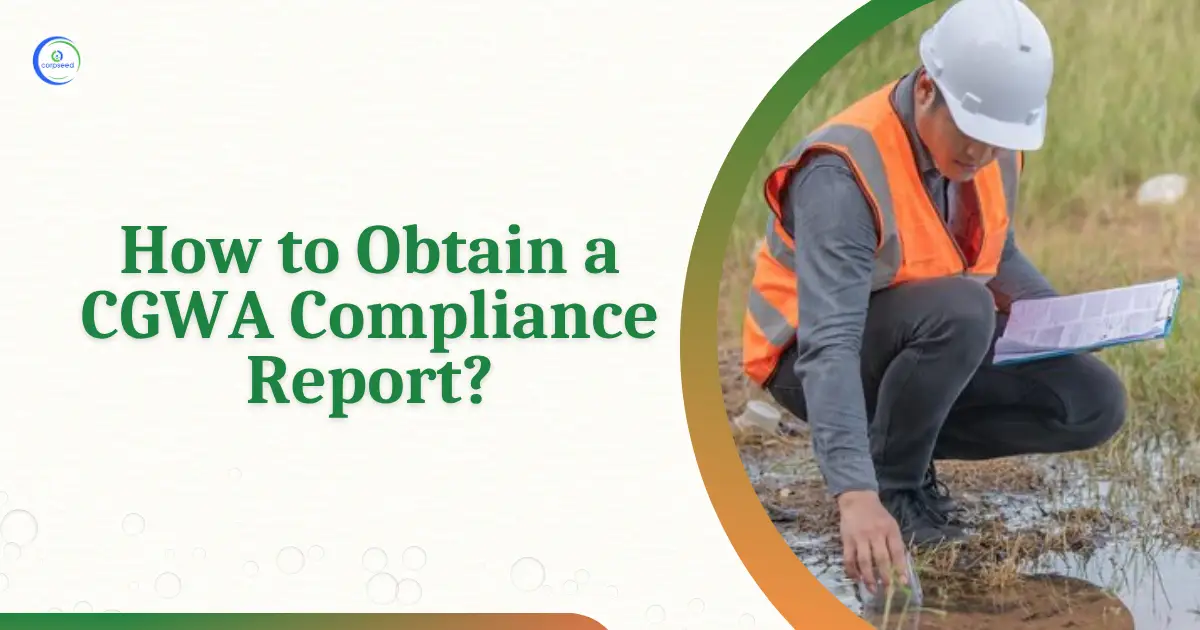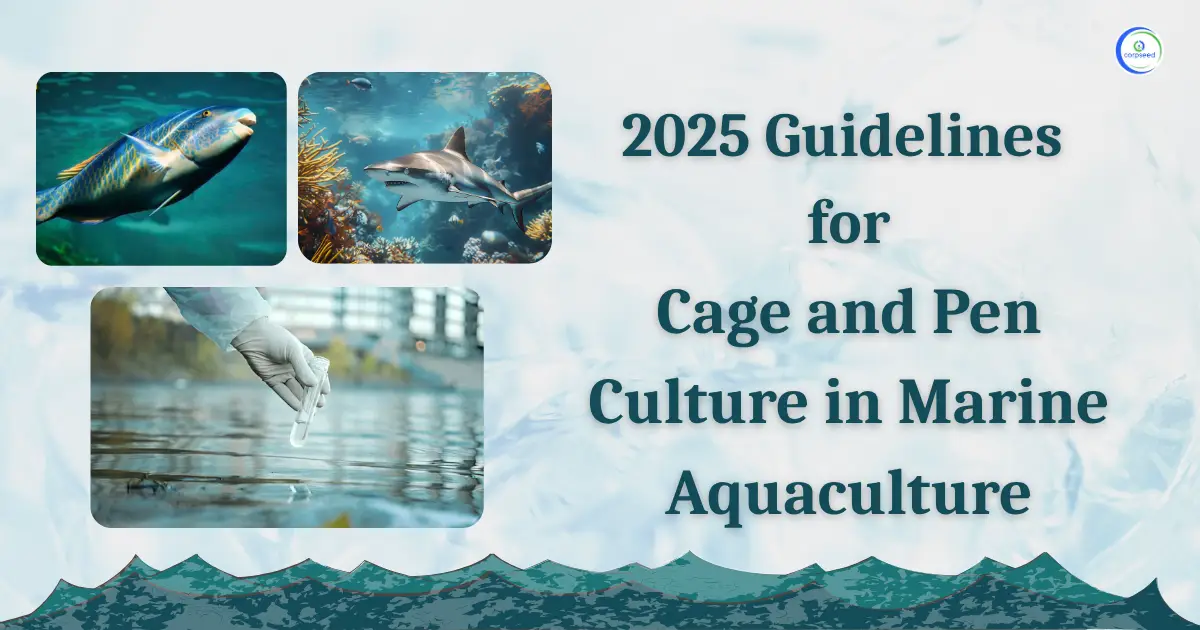In this article, we are going to tell you about the latest guidelines issued by Central Groundwater Authority(CGWA).
What is CGWA?
In case you are not knowing this, then the Central Ground Water Authority(CGWA) is a statutory body of India responsible for regulating groundwater abstraction, its usage, and monitoring. This body comes under Section 3 of the Environmental (Protection) Act 1986 and has the following main functions:
- To issue No Objection Certificates (NOC) for groundwater extraction to various industries, infrastructure projects, and mining projects.
- To frame regulations that are applicable to 22 Indian states, and to 2 Union Territories.
CGWA Guidelines on Groundwater Monitoring, Abstraction and Dewatering
Now, let’s look at salient points of CGWA Guidelines issues on Groundwater Monitoring and its abstraction.
- You must install a Groundwater Monitoring and Telemetry System that has a high quality i.e. BS/BIS Standards water-flow meter with them.
- When you have received the NOC from the CGWA authorities, then you need to inform the regulatory body within 30 days of the receipt.
- You have to construct piezometer construction walls for monitoring groundwater in case you are drawing 10 cubic meters of water.
- You need to install your piezometers at a distance of 50 meters from the extraction point. This is required in this way so that your piezometers cover both the zone of the aquifer and pumping well together.
- You can’t extract the groundwater for commercial purposes without obtaining the NOC from the CGWA regulatory body. If found guilty, you are liable for a penalty that’ll be a compensation amount equivalent to the quantity of groundwater you’ve extracted.
But if you belong to the agriculture sector, then in this case you are exempted from obtaining a No Objection Certificate for your groundwater extraction. Since more than 97% of the total wells are owned by small and medium farmers, CGWA is keen enough to provide leniency in this regard.
- You also need to ensure that your flowmeters are calibrated once a year through a reputed agency.
- You also have to send the water quality data to CGWA once a year. For that, you have to collect the water sample from the extraction point and send for analysis of parameters like heavy metals, anions/cations, pesticides, and other organic/inorganic compounds to a NABL accredited laboratory.
- If you belong to infrastructure projects, then you are also required to follow the process of dewatering. Given the case, you need to monitor the dewatering discharge rate using your groundwater telemetry system and send that report to CGWA.
Learn Our Blog: Procedure for CGWA NOC for groundwater for mixed-use for industrial process and drinking & domestic purposes
- If you belong to mining projects, then the following are the things that you need to consider:
- Consult your regional CGWA director for installing additional wells at your site.
- Get your mine discharge/seepage tested from a NABL accredited laboratory as you are required to submit the report to the CGWA Authorities.
- In the case of dewatering, you have to construct dewatering construction structures and use advanced dewatering technology in order to avoid contamination of groundwater.
- If you belong to certain industries that are generally considered as polluting industries, like Tannery, Slaughter Houses, Dye, Chemical, Coalwashery, other hazardous units, then there are some specific advisories that you’re required to follow apart from the instructions from point 1 to point 7 described above.
- You must not construct your tube well or bore well near the vicinity of your processing plant as this may further deteriorate the quality of groundwater. So, all your bore wells have to be constructed at a distant point from your plant or at a hygienically maintained area.
- Recognize that you’ve only use mild steel pipes and PVC pipes with your bore well assembly. In case you are using a PVC setup, then you must abandon that immediately.
- You have to construct an RCC Grout around your bore well that should be of the dimension 3(L) x 3(B) x 2(D). And the pipe of your tube well should be raised 1m above the groundwater.
Also, you have to make a wall of the dimension 0.5m height and 1.5m depth around the grout structure. This will prevent any kind of surface contamination to enter your constructed grout bore well setup.
Refer to the below diagram for your reference that depicts the plan of bore well protection setup that you are supposed to construct.
- You need to ensure that your bore well is used solely for the purpose of extraction of groundwater. For that, you have to install a Non-Return Valve(NRV) with your bore well pipe.
- You must not inject any water or fluid into your constructed tube well/bore well premises.
- You must not take any measures for the recharge of groundwater nearby your processing plant.
- You must not construct the bore well set up near any Sewage Treatment Plant(STP) or Effluent Treatment Plant(ETP).
- In the case of installing the piezometers and groundwater monitoring setup, all the above procedures that we have discussed have to be followed.
- In case you want to renew your NOC, then you have to apply before 90 days of its expiry.
- You must not extract groundwater after your NOC has expired or else you’ll be liable for a penalty as per the provisions of the Environmental (Protection) Act 1986.
Reference
Refer to this Official PDF of the CGWA Guidelines to get more details on the guidelines and also to know the procedure that you need to follow for obtaining a NOC for groundwater extraction.
Why Groundwater Monitoring and Management is important?
Let’s end this topic by acknowledging why groundwater management as an issue needs to be taken seriously in the first place.
If we look at some data available, then nearly 2 lakhs people die due to the lack of safe drinking water as per NITI Ayog report 2018. And worsening this situation, 65% of the total groundwater reservoirs in India have below-average water levels. So in a very brief, we can say that groundwater pollution and scarcity of safe drinking water are the major challenges we are facing today. And to tackle these problems, groundwater as a resource has to be utilized and managed judiciously.
That’s why regulatory bodies across countries, like CGWA in India, have been taking adequate measures to prevent or reduce the misuse of groundwater by industries that extract the groundwater for their use.
CGWA NOC
Central Ground Water Authority is resposible to regulate and control development and management of ground water resources in the country. Get your authorization and enjoy simple processing, fast updates, and, best of all, no hidden fees.
This portion of the site is for informational purposes only. The content is not legal advice. The statements and opinions are the expression of author, not corpseed, and have not been evaluated by corpseed for accuracy, completeness, or changes in the law.
BOOK A FREE CONSULTATION
Get help from an experienced legal adviser. Schedule your consultation at a time that works for you and it's absolutely FREE.










